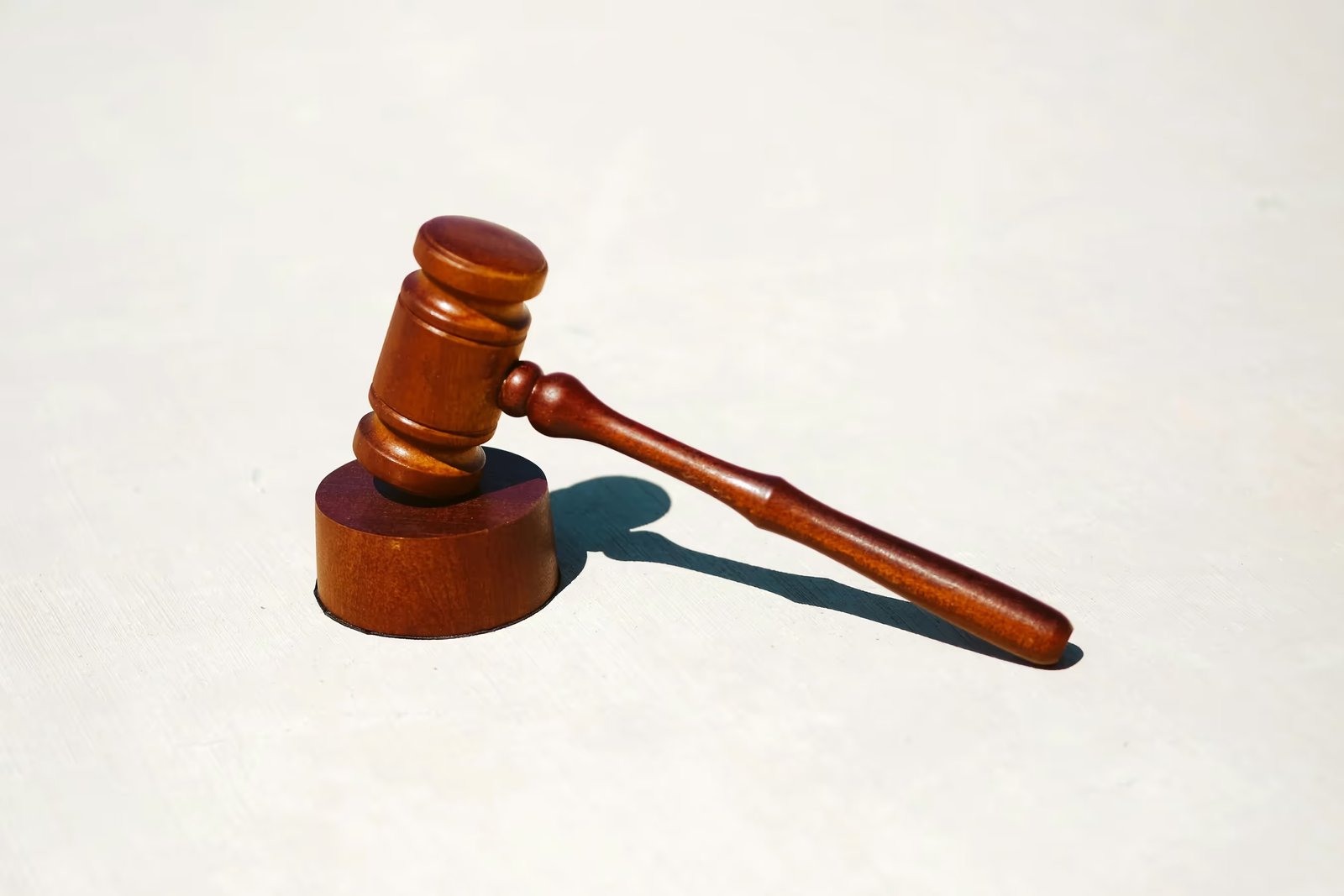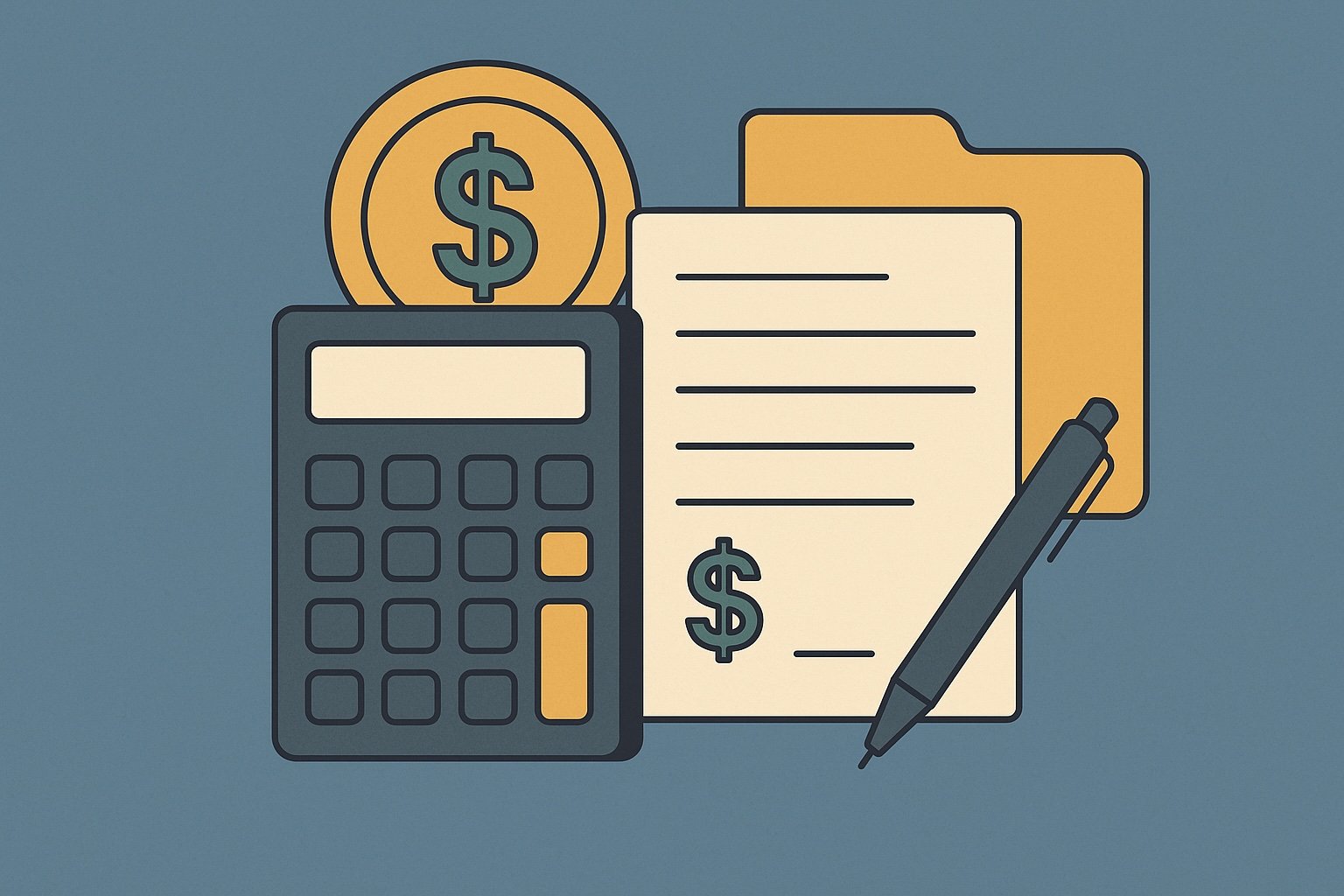Question
ARTE's Answer
When engaging in a 1031 exchange, the goal is to defer capital gains taxes by reinvesting the proceeds from the sale of a relinquished property into a like-kind replacement property. To achieve full tax deferral, you must adhere to specific guidelines regarding the reinvestment of proceeds.
Key requirement: You must reinvest all the net proceeds from the sale of your relinquished property into the replacement property. This means that the entire amount of money you receive from the sale, after deducting allowable closing costs and exchange expenses, should be used to acquire the new property. If you do not reinvest all the proceeds, the portion that is not reinvested is considered “boot” and will be subject to capital gains tax.
Example Using Deferred.com
Imagine you sell a rental property for $500,000. After paying off a $100,000 mortgage and $20,000 in allowable closing costs (such as real estate commissions and title company fees), you are left with $380,000 in net proceeds. To achieve full tax deferral, you need to reinvest the entire $380,000 into a like-kind replacement property.
Suppose you identify a replacement property worth $500,000. You decide to use Deferred.com as your qualified intermediary to facilitate the exchange. Deferred.com will hold the $380,000 in proceeds and ensure that you do not have direct or indirect access to these funds during the exchange process, which is crucial to maintaining the tax-deferred status.
To complete the purchase of the $500,000 replacement property, you can use the $380,000 as a down payment and secure a new mortgage for the remaining $120,000. By doing so, you have reinvested all the net proceeds and maintained an equal or greater level of debt, which is another requirement for full tax deferral.
If, however, you choose to reinvest only $350,000 of the $380,000 proceeds, the $30,000 difference would be considered boot and subject to capital gains tax. This is because you did not reinvest the full amount of the net proceeds into the replacement property.
It’s important to carefully review your closing statements and work with a qualified intermediary like Deferred.com to ensure that all proceeds are properly reinvested and that any potential boot is minimized. This will help you achieve the maximum tax deferral benefit from your 1031 exchange.
Have more questions? Call us at 866-442-1031 or send an email to support@deferred.com to talk with an exchange officer at Deferred.
Sources
- What To Do About Exchange Expenses in a Section 1031 Exchange? (Article)
- Rev. Rul. 2002-83 (Related Party Exchanges)
- Goolsby v. Commissioner
- Deferring Losses On The Sale of Property Using 1031 Exchanges
- 1.1031(k)–1 (IRS Code of Federal Regulations)
- TAM 200039005 (Failed Reverse Exchanges)
- TD 8535 (Like-Kind Exchanges of Real Property-Coordination with Section 453)
1031 Question? Ask ARTE
Deferred's AI 1031 Research Assistant is trained on 8,000+ pages of US tax law and outperforms human CPAs by 22%+
CHAT NOW
Learn More
See more frequently asked questions about 1031 exchanges








